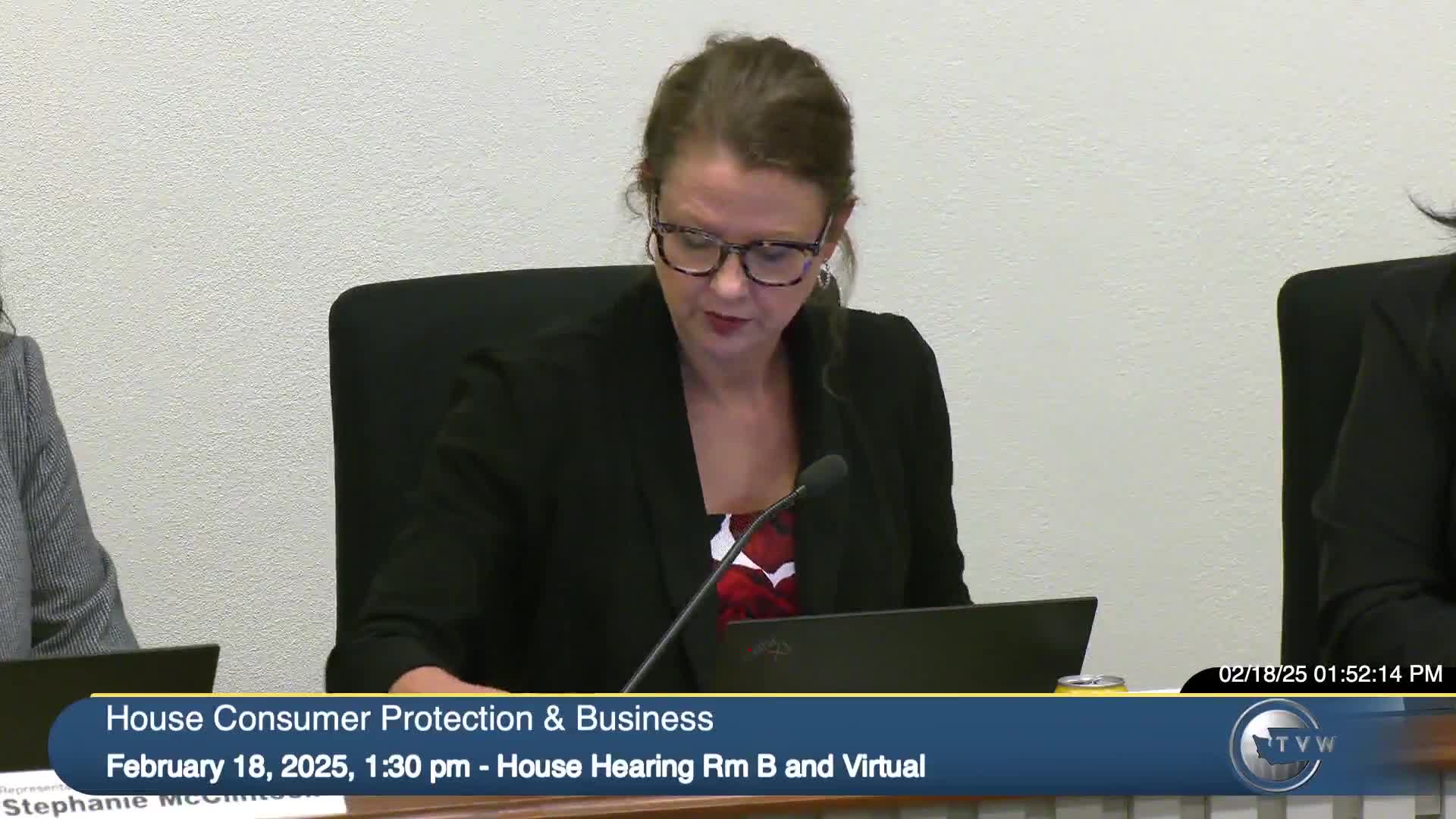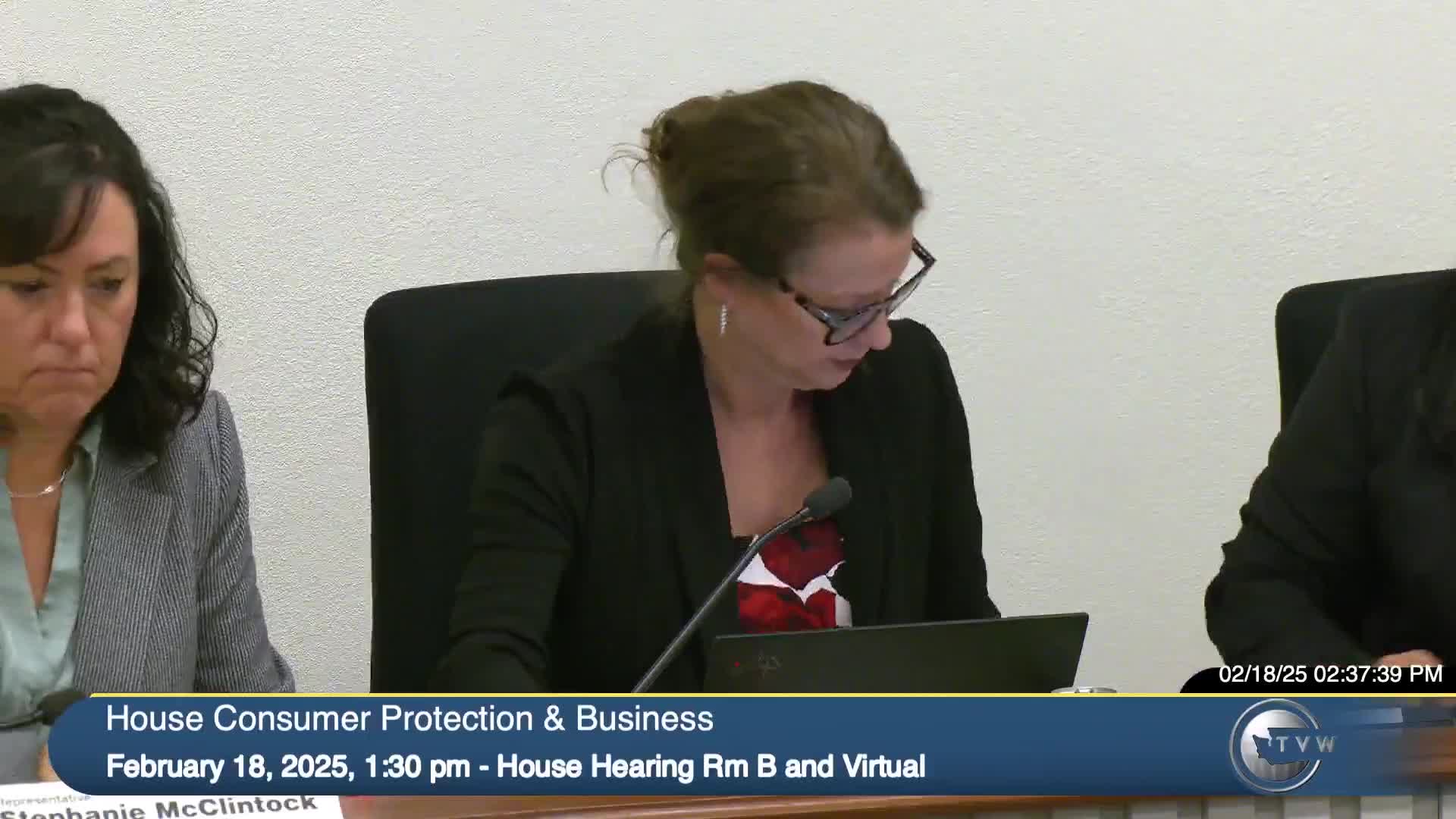Article not found
This article is no longer available. But don't worry—we've gathered other articles that discuss the same topic.

Committee hears bill to require banks to flag suspected elder financial exploitation and notify state agencies

Committee advances multiple bills including alcohol, tobacco and vapor-product measures; several roll calls recorded

